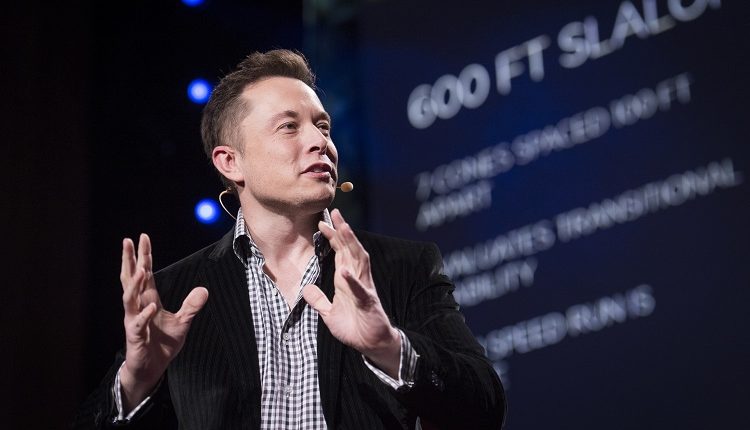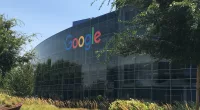Elon Musk’s companies xAI and X have filed a lawsuit against Apple and OpenAI in a federal court in Fort Worth, Texas. The lawsuit (lodged on August 25) accuses the two tech firms of working together to limit competition in the fast-growing artificial intelligence (AI) market and of giving OpenAI’s ChatGPT an unfair advantage over rivals, including Musk’s xAI-owned chatbot, Grok.
The complaint mainly focuses on Apple’s decision to integrate ChatGPT directly into iPhones, iPads, and Macs, a move Musk argues locks users into one provider while sidelining competing apps. According to the lawsuit, Apple also manipulates its App Store rankings to ensure ChatGPT appears at the top while downplaying alternatives like Grok. The suit alleges that by leveraging Apple’s vast hardware ecosystem and App Store dominance, OpenAI gains preferential exposure while smaller AI companies are deprived of opportunities to grow. Musk’s legal team claims this behaviour amounts to monopolistic conduct that restricts consumer choice and suppresses innovation in AI.
“Apple knows it cannot escape the inevitable—at least not alone. In a desperate bid to protect its smartphone monopoly, Apple has joined forces with the company that most benefits from inhibiting competition and innovation in AI: OpenAI, a monopolist in the market for generative AI chatbots,” the lawsuit stated.
Earlier, in June 2024, when Apple and OpenAI announced their partnership, Elon Musk threatened to ban Apple devices within his companies. At that time, Musk (who owns companies like Tesla, SpaceX, Neuralink, and xAI) said he might ban Apple products across all his businesses if the company proceeded with its plan to integrate OpenAI’s technology at the operating system level. He described the proposed integration as an ‘unacceptable security violation’.
Musk’s clash with OpenAI (which he co-founded in 2015 before leaving over disagreements about its direction) is not new. In recent years, Musk has accused the ChatGPT maker of giving up its non-profit mission and focusing too much on making money, especially through its partnership with Microsoft. He has already filed lawsuits over the issue, and now, by bringing Apple into the fight, Musk is shifting the battle from a debate about OpenAI’s goals to a larger fight over who controls the AI market for consumers.
The timing of this latest lawsuit becomes even more notable as Apple is already facing serious regulatory scrutiny over its App Store practices. For example, earlier this year, a US judge ruled that Apple broke a court order by blocking more competition in its App Store after a lawsuit from Epic Games. Additionally, regulators in the US and Europe have accused the company of keeping an unfair grip on developers, and Musk’s complaint could add more pressure to those investigations.
The Tech Portal is published by Blue Box Media Private Limited. Our investors have no influence over our reporting. Read our full Ownership and Funding Disclosure →






